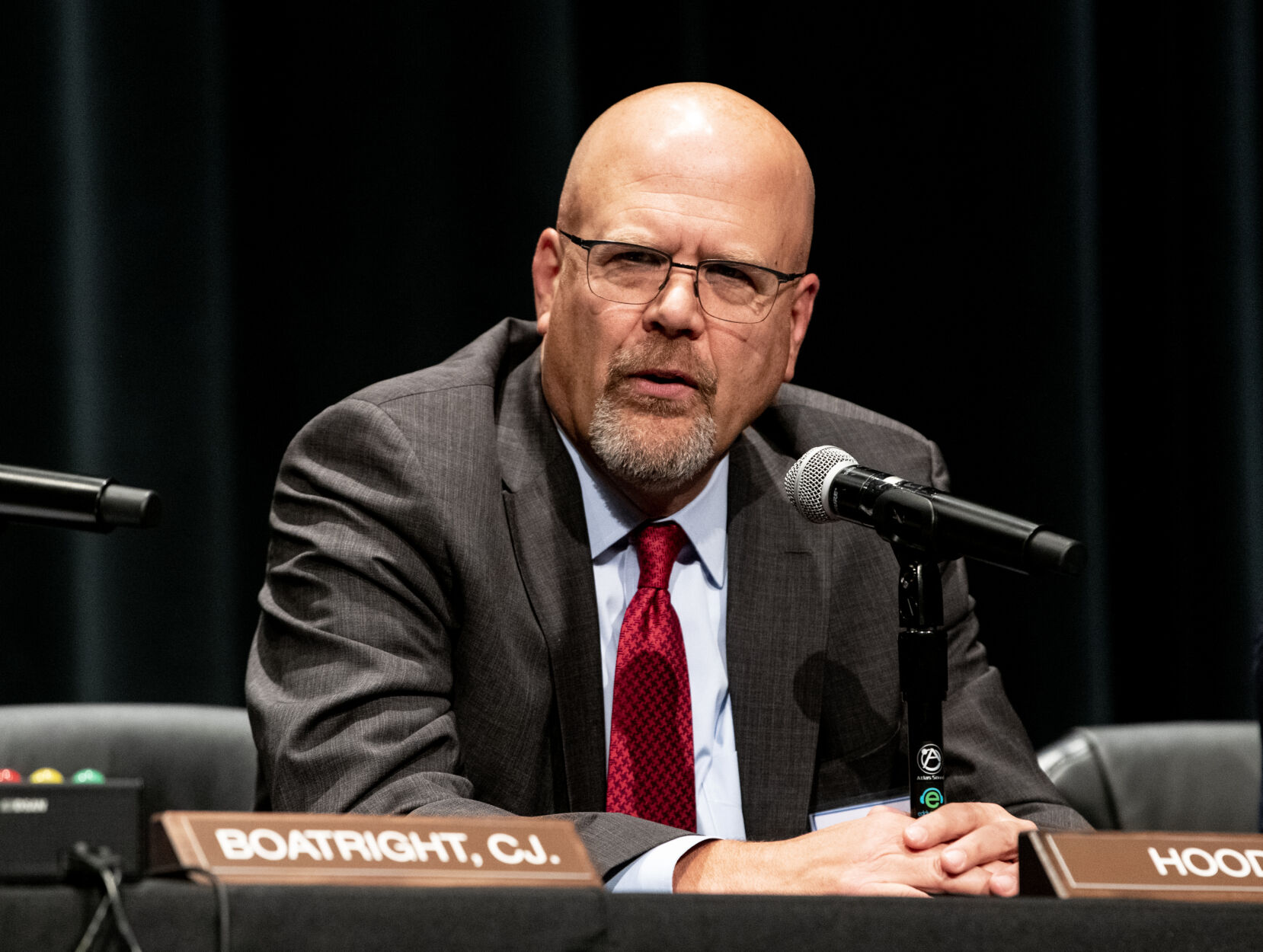Pulling back the curtain: Justice William Hood talks about appeals behind the scenes

The Colorado Supreme Court is increasingly taking up appeals directly from the trial courts, said Justice William W. Hood III at a legal event in February, but lawyers still need to understand how to make a compelling argument for intervention.
“You’d be surprised how often it’s just sort of hard to figure out what the heck is going on,” he said. “When we talk about good legal writing, we usually talk about providing context before detail.”
Addressing a Feb. 23 event sponsored by the Colorado Bar Association’s Judicial Liaison Section, Hood estimated his court receives approximately one petition per day under “Rule 21,” which allows parties to appeal to the state’s highest court and bypass the Court of Appeals. The justices currently agree to hear about 10% of the petitions received.
Rule 21 cases get assigned to justices in rotation, who then have to discern whether the court’s intervention is needed.
“We try to turn to them swiftly. Even if it doesn’t seem to be something that’s hugely time-sensitive, we’re usually resolving them internally within about a week,” he said.
Judges warn about bias in courtrooms, legal profession
Hood advised parties to explain why an appeal through the standard channels at the conclusion of the case would be an inadequate form of relief. There also must be some urgency to the request — for example, if a trial judge has ordered disclosure of information that should actually remain shielded.
Another flag for the court is if the issue being raised has statewide impact.
“‘You guys should intervene because this is happening all over the place,'” Hood said by way of example.
He also touched on another unusual method of bringing cases before the Supreme Court: the federal courts transmitting a legal question about Colorado law to the justices, a process known as certification. Recently, the Supreme Court has accepted multiple questions from their federal counterparts on issues ranging from automobile insurance coverage to overtime compensation.
“The rule says that the Supreme Court may answer questions of law requested by the certifying court. The ‘may’ part is kind of important, right? We don’t have to,” Hood said. “I kind of like the idea of, at least in the abstract, saying no to that. That’s kind of fun.”
He added that the justices will typically agree to respond to questions posed by the federal courts, as long as there is no prior Supreme Court decision that would provide the answer.
Hood also addressed the process by which the Supreme Court hears the majority of its cases — granting “cert” on decisions out of the Court of Appeals. The Supreme Court receives around 1,000 petitions in a given year, but grants cert in approximately 5% of cases.
'Political with a small "p"': Federal, state and local pathways to the bench
Court of Appeals decisions are issued by panels of three judges. “Published” opinions are those that set a precedent for trial judges to follow statewide, whereas most decisions are “unpublished,” only applying to the parties in the case. Hood said the justices, when deciding to grant cert, typically ask whether an opinion is published, whether there are contradictory appellate decisions on the topic and if the issue has statewide effect.
“I think it’s fair to say when we see an unpublished opinion,” he said, “we are typically presuming — maybe that’s too strong of a word — but almost a presumption that it’s not grant-worthy because it doesn’t have precedential effect. It’s not binding.”
Judge Ted C. Tow III of the Court of Appeals, who was in the audience, spoke up to say that, occasionally, the parties to a case will ask his court to publish an opinion designated as unpublished.
“Half the time, we’re kind of cynically assuming it’s because you want to make it ‘cert bait.’ So, it probably isn’t a bad idea to tell us that’s really your motivation and explain why,” he said. “We’re not scared to have cert granted on one of our opinions, but we didn’t publish because we didn’t think it was publish-worthy.”
'AI won': Judges caution lawyers to educate themselves about artificial intelligence in the law
Tow elaborated that, if an opinion addresses an issue the appellate courts have never decided before, it will likely merit publication so the court will not have to re-address the topic in the future. Similarly, if one panel disagrees with a prior precedent-setting decision of another panel, it will likely publish its contradictory opinion.
“Because we recognize that will catch the attention of the Supreme Court. We want cert to be granted so they can pick between the two,” Tow said.
One attendee pointed out members of the U.S. Supreme Court occasionally write dissents when cert is denied, explaining why they would have taken up the case.
“I sometimes wondered about that, too. And I’ve never been inclined to push the issue,” said Hood. “Would you like to see us do that?”














